There’s nothing worse than trying to relax while experiencing a gnawing burning sensation in the chest. These uncomfortable chest pains, other wise known as heartburn, are a symptom of Acid Reflux and can be cause for concern. Acid Reflux occurs when stomach acid leaks into the esophagus (the tube that delivers food and beverages to our stomach). Usually a muscle acts as a protective barrier between the esophagus and the stomach to prevent the back flow of acid. However, when this muscle becomes weakened, one can fall victim to the aches and pains of heartburn. If not treated, repeated heartburn can cause damage to the lining of the esophagus.
What Triggers Heartburn?
1. Large Meals
Too much food cans stretch the stomach and put pressure on the muscle that acts as a barrier between the esophagus and stomach, allowing for acid to escape.
2. Late Night Eating
It usually takes your stomach a couple of hours to digest food. By eating right before bed, you run the risk of letting stomach acid back up into the esophagus, keeping you up all night. Sometimes it’s best to sit up and let gravity do the work!
3. Foods High in Fat or Grease
These take longer to break down and as a result your stomach produces more acid.
4. Acidic Foods
Acidic foods tend to either relax or irritate that muscle that controls the flow of our stomach’s acid. Problematic foods include: tomatoes, citrus fruits, coffee, chocolate, spicy foods (garlic or raw onion), mint, salt, alcohol and or carbonated beverages. Foods that tend to relieve heartburn on the other hand are high in fiber. Oatmeal, bananas, grains, green veggies and ginger for example have been known to help reverse the effects of Acid Reflux.
Even certain exercises like crunches, headstands and yoga can trigger heartburn by putting pressure on the stomach or reversing it’s natural flow.
While these are all common triggers, what sparks heartburn can vary from person to person. To get to the bottom of what’s causing your flare ups, try keeping a journal of your daily symptoms, meals and exercises. Also consider asking your doctor if any of the medications you’re on could be playing a role. If the problem persists, it’s time to schedule an appointment with one of our fellowship-trained gastroenterologists.




